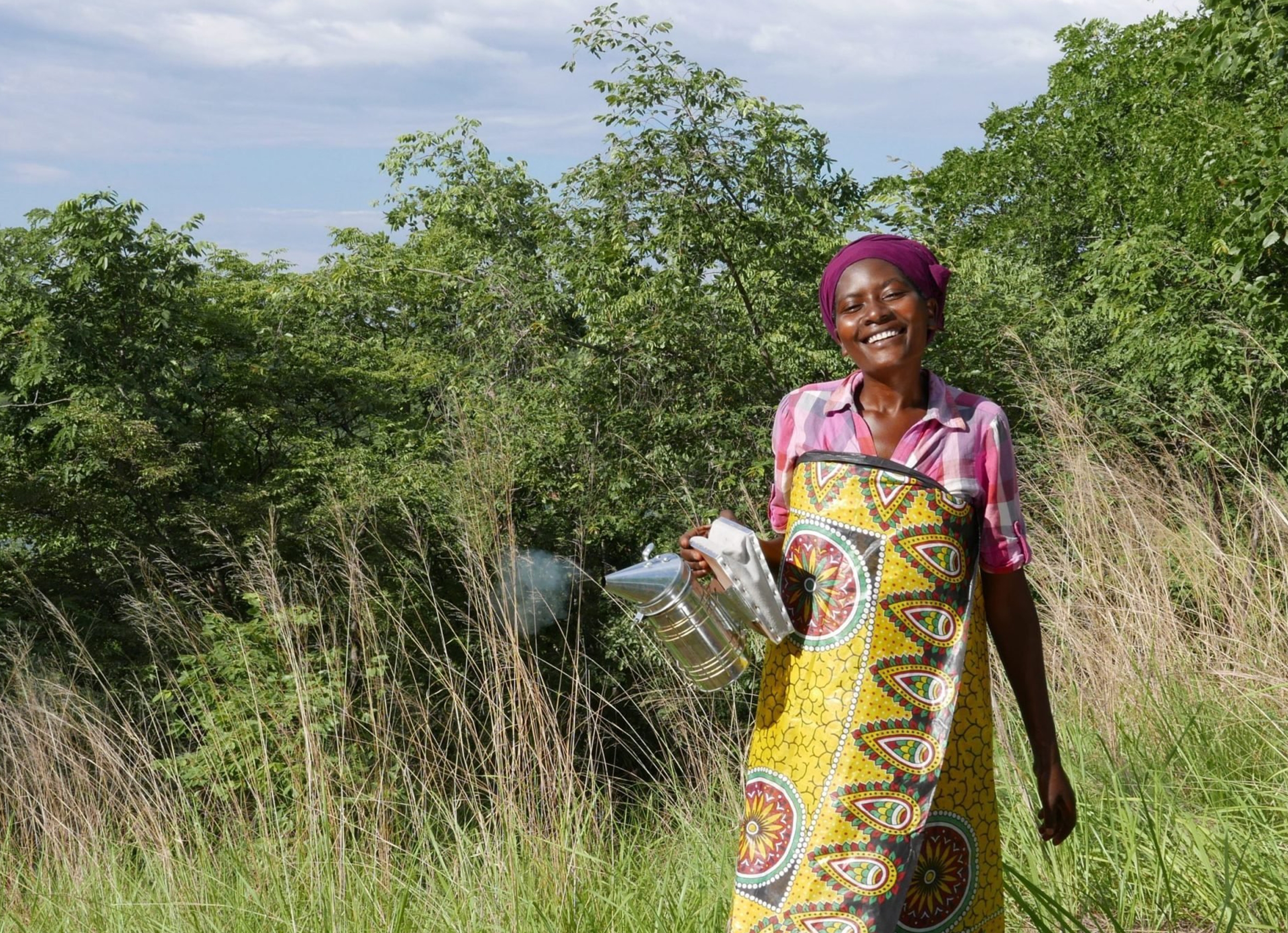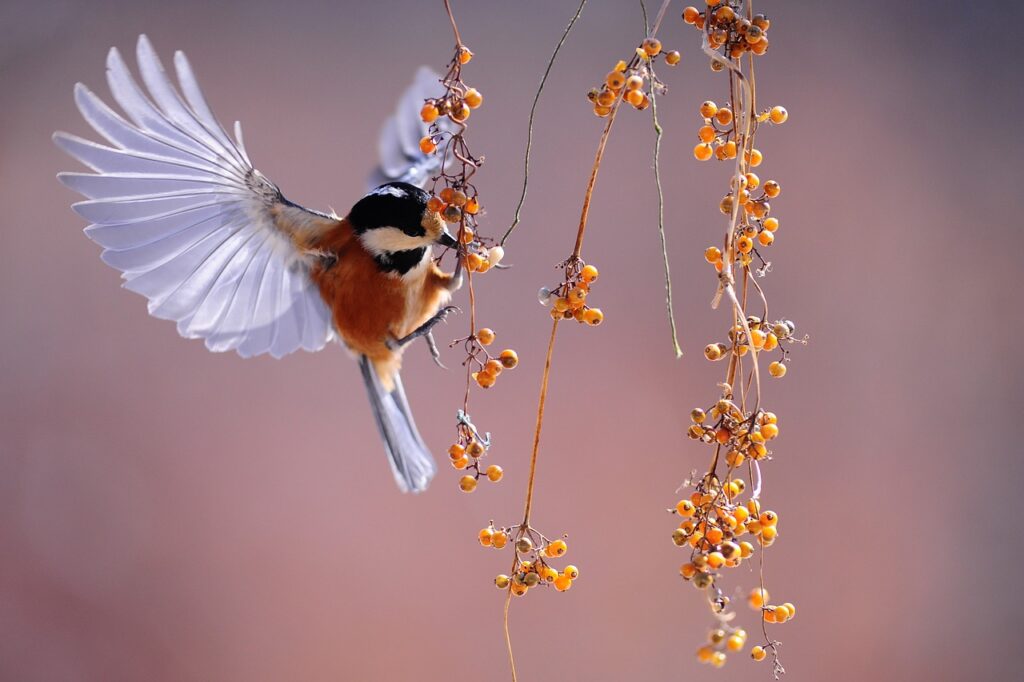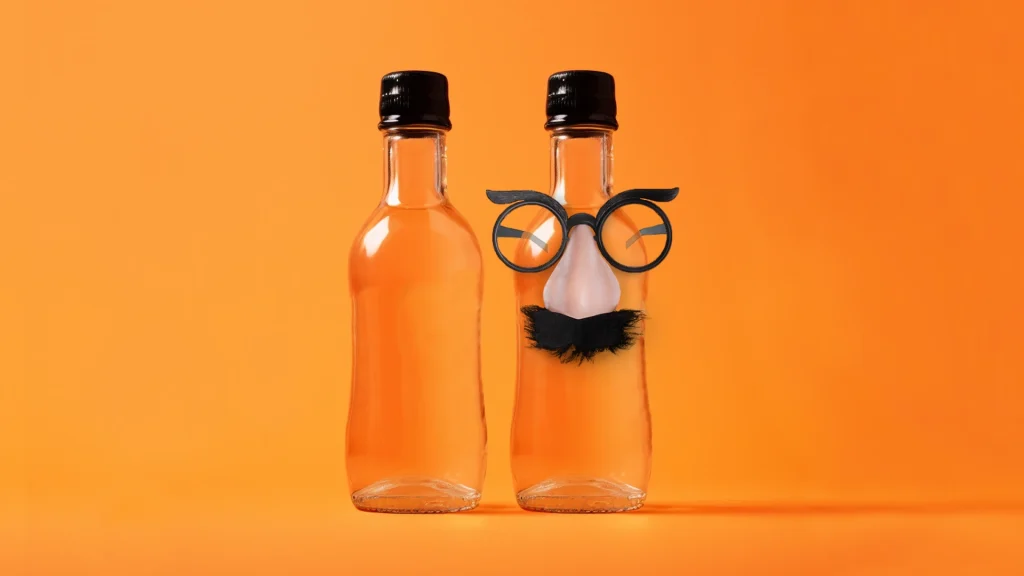Upendo means love in Swahili. It is also the name of a company committed to having economic, social and environmental impact in Western Tanzania. Their current focus is the production of wild and sustainable organic honey, by working with 1400+ traditional beekeepers in remote forest and game reserves. They are able to pay farmers more for their produce, and the protection of the forest means they have a carbon neutral footprint.
The founders, Isabell, Arno and Alex, are originally Australian but with a combined 35+ years in sub-saharan Africa. They understood beekeeping to play a vital role in helping farmers support their livelihoods while also being able to conserve some of the world’s most pristine forests intact. There was no way, however, that the home Tanzanian market alone would suffice to provide a stable and reasonable flow of income to the beekeeper’s pockets. For this reason, they sought to tap international honey markets by exporting barrels of EU and USDA NOP organic certified honey worldwide.
NOBA first came in contact with Upendo when one of the partners, Blai Carandell, met Alex on a terrace overlooking lake Tanganyika in Kigoma during a summer holiday. After chatting over some drinks they decided to find ways of working together.
Honey is a deceptively difficult market. There are countless well established brands, with little to no differentiation. Worldwide production means that there is always a competitor to undercut the market. More worryingly, the world consumes twice as much as it produces every year. This means that unsuspecting consumers are being duped with artificial substitutes that pass all quality tests, at a fraction of the cost.
Nonetheless, the rest of the NOBA team enthusiastically agreed to face up to the task. The goal was to start building that would help Upendo capture more of the value they generate on European shelves. This meant creating a brand that would encapsulate all the optimism and fun of the product. It also implied understanding and tracing every step of the journey from the beehive to consumers’ hands.
The journey
The honeycombs are collected from farmers and brought to a central factory in Kigoma. The contents are separated by centrifugation at room temperature to avoid heating up the raw honey, which would violate organic standards. Honey is then placed into barrels, while the wax is stored for the cosmetic industry.
These barrels then find their way into the international port of Dar es Salaam. From there, it’s a 2-3 month journey through the Indian Ocean, the Gulf of Aden, the Red Sea and Mediterranean waters, before reaching the port of Genova. In Genova, an organic certified importer is then in charge of making sure the honey crosses the border and complies with all the rules and regulations.
After a two day journey by road, the drums reach an organic certified honey manufacturer in Lleida. The labels are printed nearby, and the gold liquid is put into jars. This then leaves a short drive to Barcelona, where they are kept in a warehouse before being sent to customers’ shelves through different supermarkets or the online store. Organic certification means that every jar must be able to be traced all through the chain, back to every beehive.
The journey is slow and cumbersome. It weaves through an international web of innovations and relations that we take for granted. Getting it right means that more money can flow back to the source: the hundreds of farmers that make something like enjoying a jar of unadulterated organic honey, extremely simple. And that is pure upendo.








